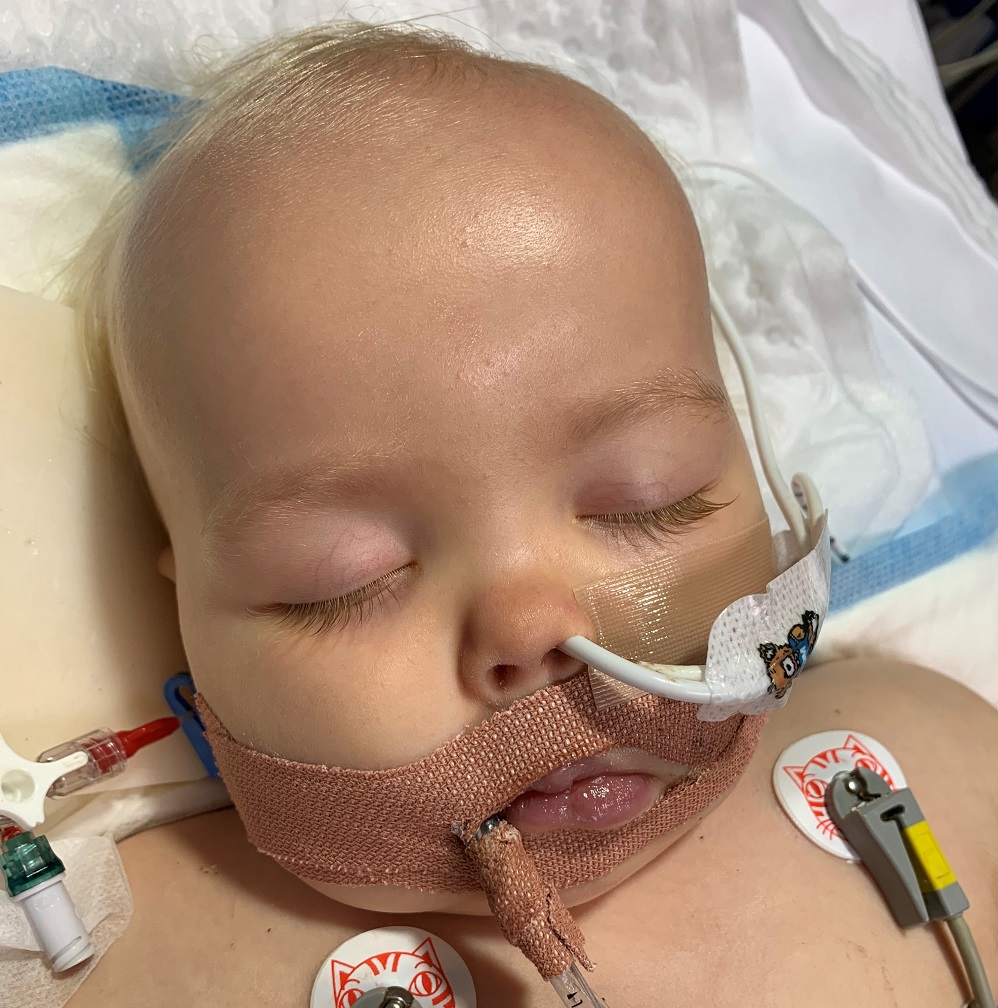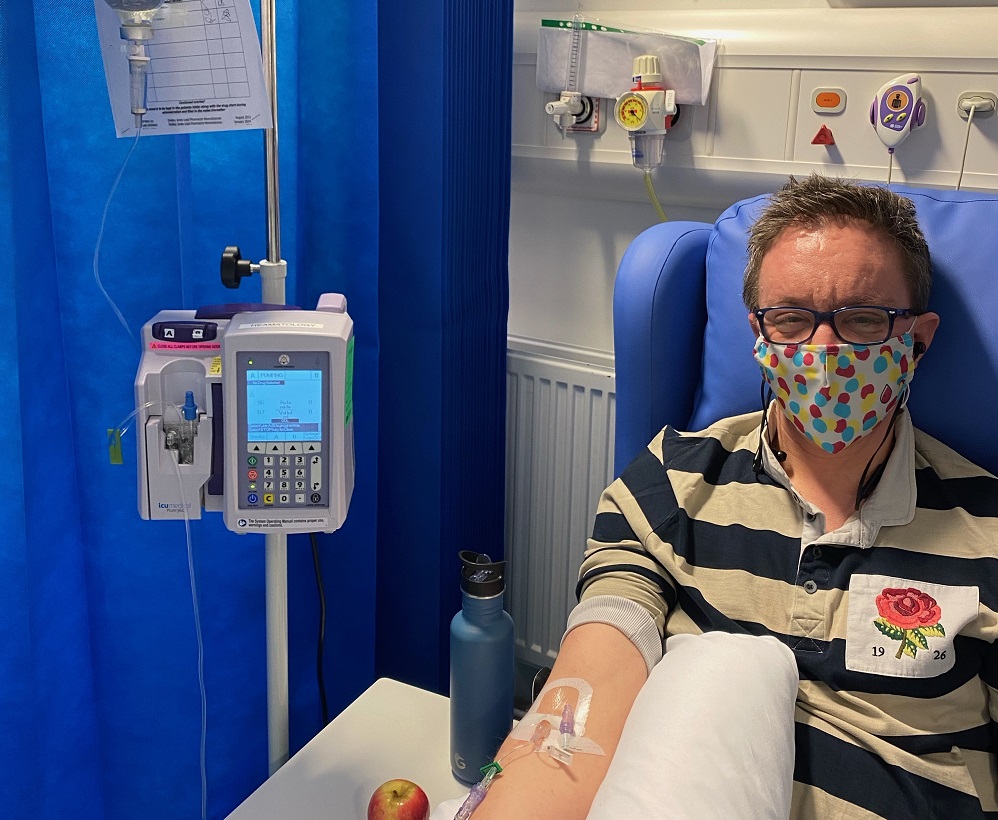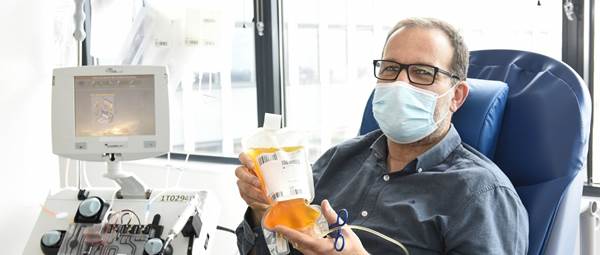Rare Disease Day highlights how plasma donation can help patients with rare disease
NHS Blood and Transplant (NHSBT) is marking Rare Disease Day (Monday, February 28) with an appeal for people to donate at its three plasma donor centres.
Many of the rare diseases highlighted by the campaign are treated with a medicine made from plasma donations called immunoglobulin.
However only around 25% of plasma appointments are being filled each week.
NHSBT needs more people to start donating plasma, to build stocks. The antibodies in these medicines can protect people from infection or they can stabilise the immune system if it’s attacking the patient’s own body.
Bella's story
Bella Hessey, 2, from Bicester, needed lifesaving treatment with immunoglobulin after developing kawasaki disease as a baby.
 The disease causes blood vessels throughout the body to become inflamed. It's thought to be caused by the body's immune system overreacting to an infection.
The disease causes blood vessels throughout the body to become inflamed. It's thought to be caused by the body's immune system overreacting to an infection.
In more serious cases, the blood vessels around the heart can be seriously or even fatally damaged..
Bella was given intravenous immunoglobulin which helped calm down her malfunctioning immune system.
Mum Abigail Baker, 25, a recruitment consultant, said: "The immunoglobulin's effect was instant. Straight away, her colour came back to normal. By the next morning she was eating again and her fever had completely gone.It saved her life.”
Alex's story
Alexander Bayliss from Greenwich receives regular infusions of immunoglobulin for a very rare condition.
 Alex, 36, has pachydermoperiostosis, a rare genetic disorder affecting the skin and bones, which has affected the ability of his white blood cells to make antibodies to fight infection.
Alex, 36, has pachydermoperiostosis, a rare genetic disorder affecting the skin and bones, which has affected the ability of his white blood cells to make antibodies to fight infection.
Immunoglobulin medicine boosts his immune system, providing the infection-fighting antibodies he lacks.
“Immunoglobulin makes a huge difference. Before I had the immunoglobulin, I was picking up every illness - ear infections, eye infections, and serious viral infections,” said Alex.
“With regular immunoglobulin treatments, I still go through peaks and troughs, but life is much more manageable. With immunoglobulin, I can work five days a week, I can go out with my friends, I am not falling seriously ill on a regular basis.”
About plasma and immunoglobulin
Immunoglobulin is used to treat more than 50 rare diseases in the UK (1).
Lee Wright, NHSBT’s Plasma Donor Centres Area Manager, said: “Many people have never heard of plasma donation or immunoglobulin medicine, but for the people who need it, it’s a lifesaver, and in many cases no other treatment is available.
“We’re so pleased to be collecting plasma again after more than 20 years however donation levels are low because few people have heard of it.
“Please register to donate if you can. Your plasma will be made into immunoglobulin medicine, helping to save the lives of people with rare and potentially fatal diseases. You have a medicine in you.”
Plasma from UK donors could not be used for immunoglobulin medicines between 1998 and 2021, one of the precautions put in place against variant Creutzfeldt-Jakob disease. The restriction was lifted by the Government in 2021, based on independent advice from the Medicines and Healthcare products Regulatory Agency (MHRA).
Because of the ban, the UK has relied solely on imported immunoglobulin. Now plasma donations for immunoglobulin are again being taken in England, and the stored plasma will be made into medicine when a full UK supply and manufacturing chain is in place.
How can I help?
Plasma can be donated at one of three dedicated plasma centres, Birmingham, Reading and Twickenham. A machine gradually filters a donation out of your blood. Plasma can also be recovered from blood donations.
If you are able to donate at one of our plasma centres, please call 0300 123 23 23 or register to donate online.
Notes
- Figures from the 2019/20 National Immunoglobulin Database Report.
